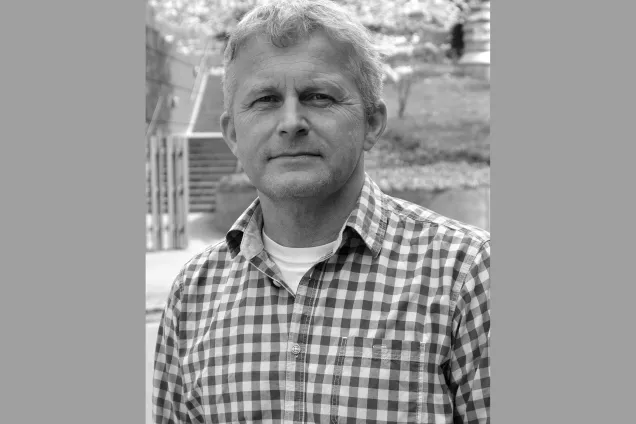Kidney Cancer Research Group
PI Håkan Axelson
Background
Renal cell carcinomas (RCCs) are derived from the epithelial cells of the nephron. Although surgical resection of localized RCC is often curative, treatment of metastasized disease is very challenging as these tumors are virtually resistant to conventional radio- and chemotherapy. During the last 20 years the genetic landscape of these tumors has been detailed. In parallel, substantial advancements have been made in describing the transcriptional programs of normal nephron cell types and how they respond to renal insults. Still. the precise biological context at which cellular transformation is initiated, remains elusive. In our group we are integrating research on the normal kidney cells and renal cancer in order to provide a deeper understanding of renal tumor initiation and progression
Our research
There are more than 15 histologically defined types of RCCs, but the three major subtypes are clear cell RCC (ccRCC), which represents 75–80% of all RCCs; papillary RCC (pRCC), which represents roughly 15%; and chromophobe RCC (chRCC), which represents 5%. In our group we are integrating bioinformatic data from renal malignancies with data describing the more than 20 normal cell types of the normal kidney, to better describe and understand the key perturbations leading to the different subtypes of RCC. The most common renal malignancy, ccRCC, is characterized by a functional inactivation of the von Hippel–Lindau (VHL) tumor-suppressor. As a consequence, these tumors are characterized as a constitutively activated hypoxic response program. In our work we are interested in deciphering the functional consequences of this response in relation to the cell from which these tumors originate. Furthermore, we are also working on developing tools for early detection of renal malignancies, based on liquid biopsies.

Håkan Axelson
Phone: +46 46 222 64 34
Mail: hakan [dot] axelson [at] med [dot] lu [dot] se
Team Members
Maria Malmberg
Paula Steinholtz
-
Click on the name to visit their personal research portal page.

Research portal
Visit the Kidney Cancer Research Groups research portal via this link.

